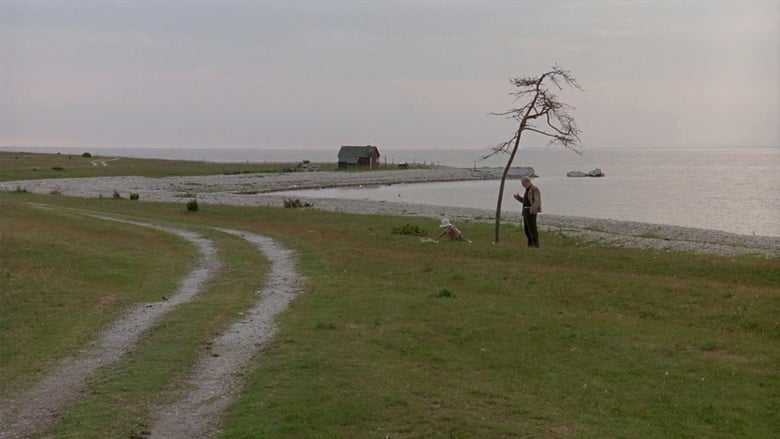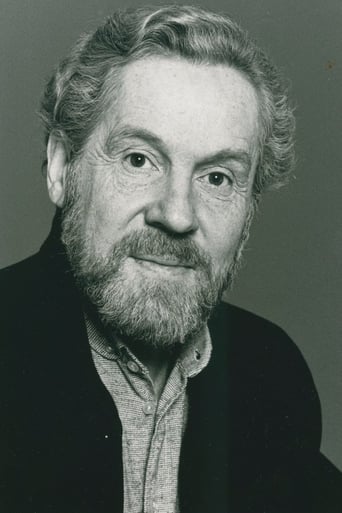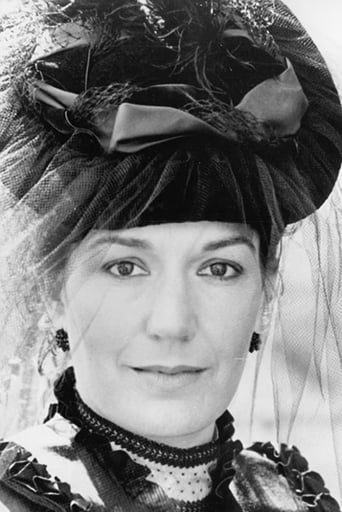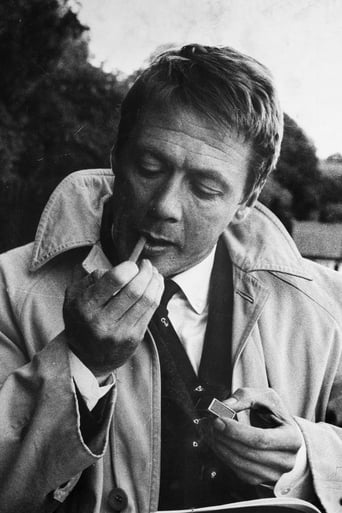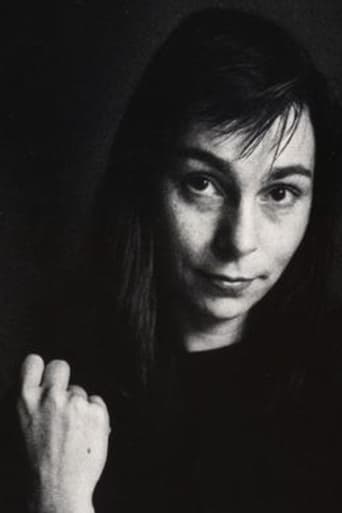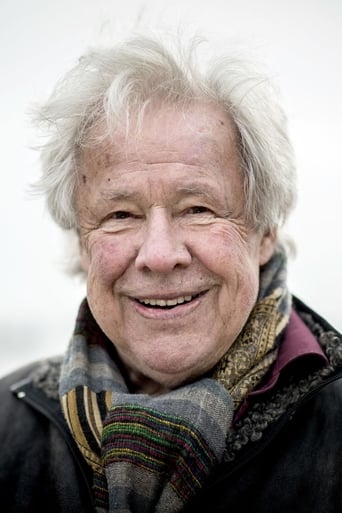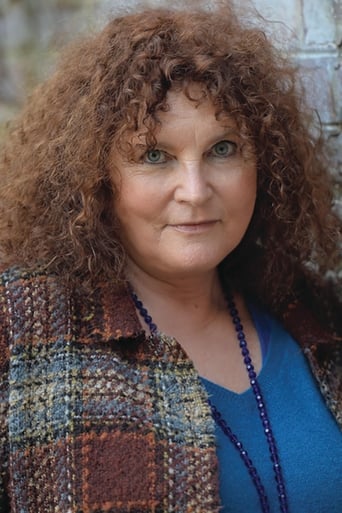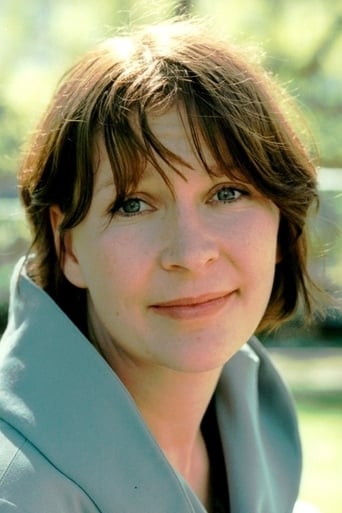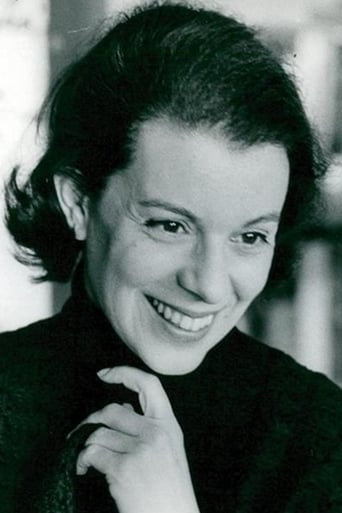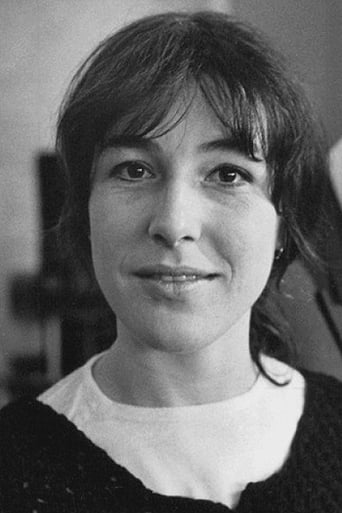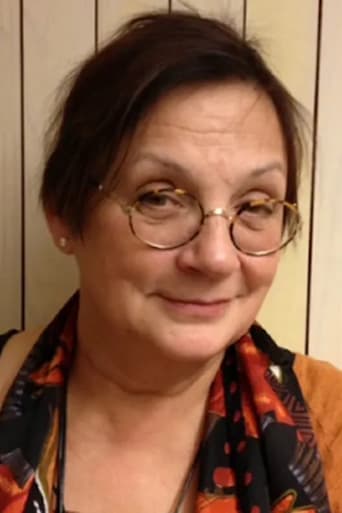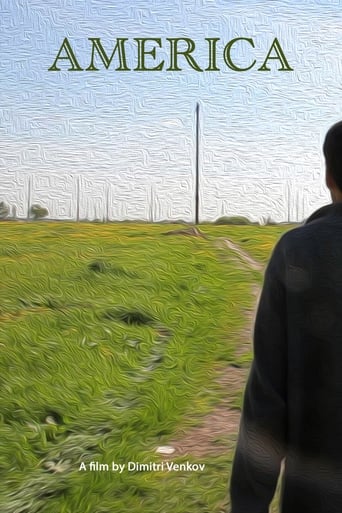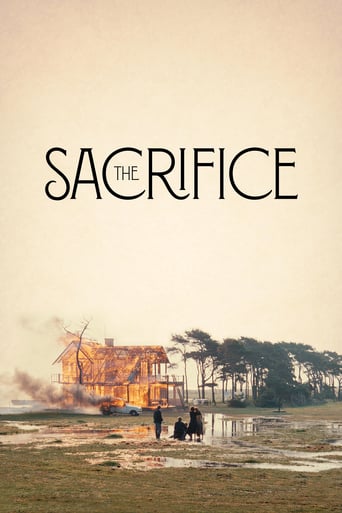
Alexander, a journalist, philosopher and retired actor, celebrates a birthday with friends and family when it is announced that nuclear war has begun.
Similar titles
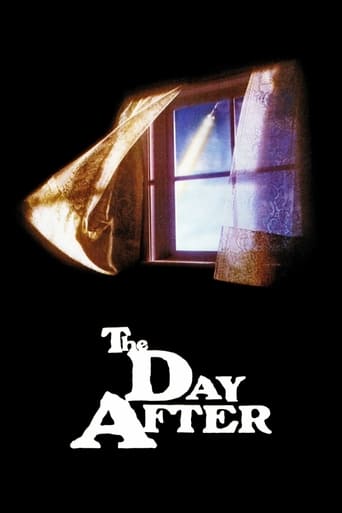
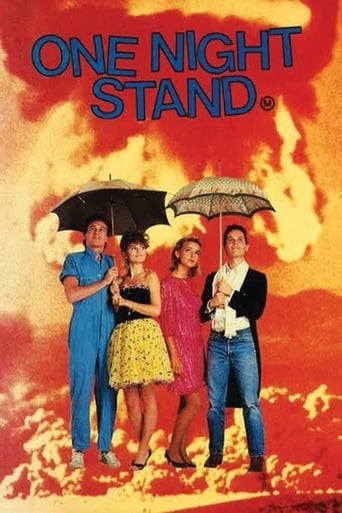
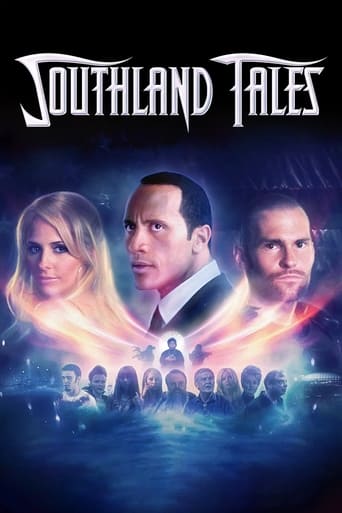
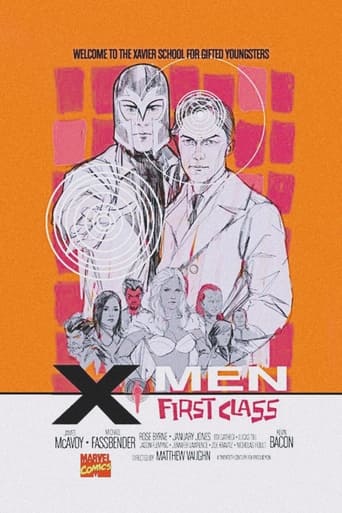
You May Also Like
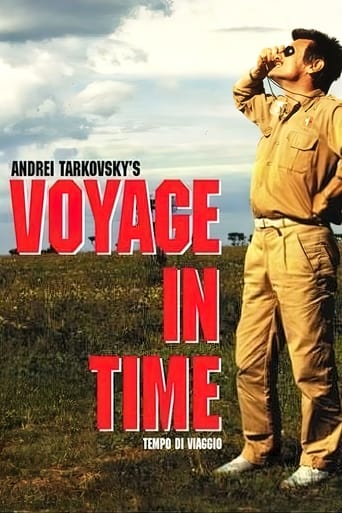
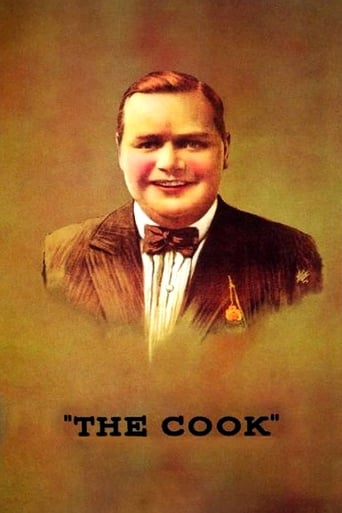
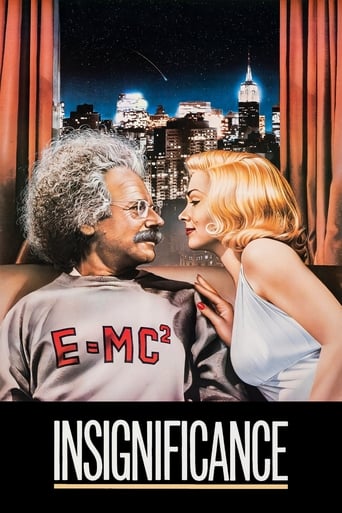
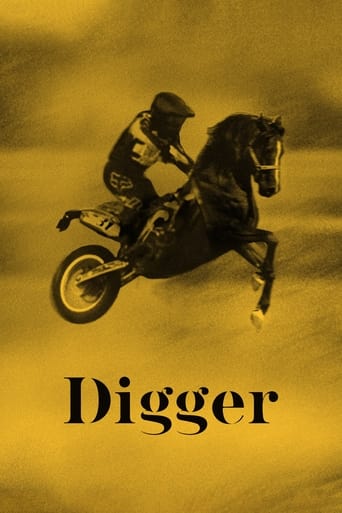
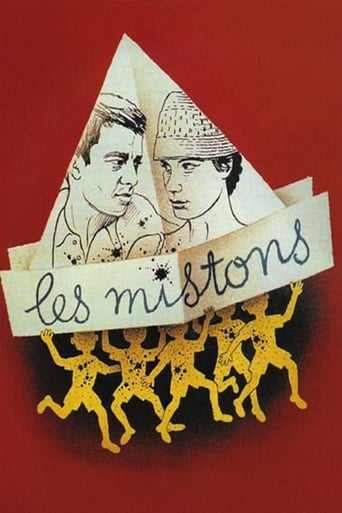
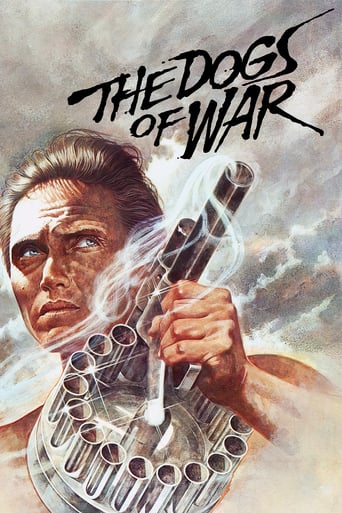
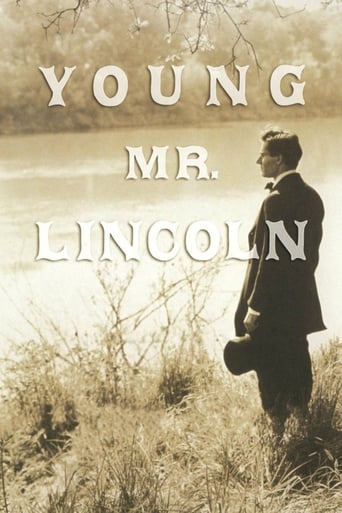
Reviews
Absolutely brilliant
It's funny, it's tense, it features two great performances from two actors and the director expertly creates a web of odd tension where you actually don't know what is happening for the majority of the run time.
It’s fine. It's literally the definition of a fine movie. You’ve seen it before, you know every beat and outcome before the characters even do. Only question is how much escapism you’re looking for.
An old-fashioned movie made with new-fashioned finesse.
At the dawn of World War III, a man (Bergman regular Erland Josephson) searches for a way to restore peace to the world and finds he must give something in return."The Sacrifice" was Tarkovsky's third film as a Soviet expatriate, after "Nostalghia" and the documentary "Voyage in Time", and was also his last, as he died shortly after its completion. Though his best-loved films were done in Russia, he clearly adapted well to Sweden, as films like "Sacrifice" are still powerful epics. He sort of entered the world of Ingmar Bergman by casting Josephson, using cinematographer Sven Nykvist, and even hiring son Daniel Bergman for the crew.Over the years, the film has grown in stature. In 1995, the Vatican compiled a list of 45 'great films', separated into the categories of "Religion", "Values", and "Art", to recognize the centennial of cinema. "The Sacrifice" was included under the first category, as well as Tarkovsky's "Andrei Rublev". This has helped "Sacrifice" reach more viewers who may know Tarkovsky for films like "Stalker".
This turned out to be Andrei Tarkovsky's last film. Like it is almost always the case with his work, this too is about faith. Alexander, the protagonist worries about society and its lack of spirituality. The opening scene has him plant a tree with his young son. The last scene has the son, the only one not involved in the chaos everyone is, rest under it.Sacrifice is the closest Tarkovsky and Bergman came to making a film together. Sven Nykvist, the cinematographer, Erland Josephson as Alexander and Allen Edwall as Otto the postman were all longtime collaborators with the great Swedish director and Tarkovsky was apparently in awe of Bergman and his films. Through Nykvist and his magical control of light and the slow, meticulous, long shots set to Bach, Tarkovsky makes a work of extraordinary beauty. The story (or so) is about Alexander saving the world from a fatal war by making a string of personal sacrifices. We don't know how much of this is just his dream. Black and white shots are interspersed with shots of desaturated colour, the timeline is non-linear and it is possible that everything that happens is indeed a long dream. There is perhaps value in analysing the film as a study, but I am loath to do that. My experiences with such films have always been about curiosity. The questions this curiosity asks is mainly the "how did they do it" variety than the "what does he mean" kind. For instance, there is an early scene with Adelaide, Alexander's difficult wife and Maria, the housemaid who could also be a witch. Maria asks the lady if she can leave for the day. The scene is set in such a way that Adelaide paces left and right, while also getting closer to the camera with each turn. Maria is placed bang in the middle of the frame and her eyes follow Adelaide's pacing. At the end of it all, Adelaide ends up walking behind the line of the camera while Maria is staring at it. This is the sort of thing which elevates a film to a different plane. There is the story, the acting and the music yes, but this is something unequivocally cinema. The camera, the actors and their respective movements. In another scene, Alexander is shot as a reflection of a painting by Leonardo da Vinci (Adoration of the Three Kings). Apparently, Tarkovsky felt this would appear as if he was part of the painting and now he has come out of it. What a thought!
First of all - this is my first comment on IMDb. What made me write it - an explosive realization that came to my mind when re-watching "The Sacrifice" for the 3 time. "The Sacrifice" is not a movie. It is a testament, a confession, a premonition, a warning, and as such - an action. The dying genius, as this is the last Tarkovsky's film, gets out of the screen and penetrates our minds to influence the actions we - his spectators - will take. "Here the actor is, himself, his own creation, his own work of art." we hear before Alexander parts to Maria's house. The authentic meaning of this, which in the English translation can be attributed to reflections about the art, all of a sudden flashes out in the Russian version - from this point on the author makes his own final decision not to remain a mere artist, but to act, to become a creator of the future.So what is Tarkovsky's intention, what does he see that compels him to take upon that responsibility? Through a sequence of beautifully shot scenes he rubs the painful truth into our faces - the course the humanity has taken so far leads us to an imminent destruction, a theme that according to his own diaries was haunting him during the last years of his life.And though there might be hope as Tarkovsky presents it, it is up to us to find the genuine answer. The ending stands in many ways open and ambiguous - Tarkovsky dedicated "The Sacrifice" to his own son he had left upon emigration in the USSR - his home country to the downfall of which he very much contributed. Sapienti sat.
Tarkovsky's high-concept parable, his last film, may seem like extreme Bergman at first—some of the same actors and crew, including Erland Josephson and Sven Nykvist, same rugged northern coastline, a plot line that had been explored before (more or less) in Bergman's "Shame." And of course, Tarkovsky makes pretty extreme demands on the viewer; you have to endure an hour or so of gaseous philosophizing and world-weary epigrams before things really start happening. Until then, the only relief is supplied by a witchy Icelandic kitchenmaid (Guðrún Gísladóttir!) and an eccentric mailman who tells a spooky anecdote, plus lingering shots of the gorgeous set. Try not to doze off (like I did for a bit) or press the Stop button before Tarkovsky has a chance to display his full powers as a director and visual artist. Hint: there's an ominous announcement on the radio (a JVC tuner in what looks like an antique walnut cabinet) and the lights go out; as soon as Erland sets off on his wobbly bicycle ride, you're pretty much out of the woods (figuratively speaking—there's only one highly symbolic tree in sight). The haunting final scenes and the epilogue are justly celebrated, though I'll leave the mystical meaning of all this to others. I'd give four stars, at best, to the first hour or so, ten stars to the rest. Cinephiles may want to watch on DVD; the color on the streaming video on Amazon seemed a little washed out.
Top Streaming Movies











